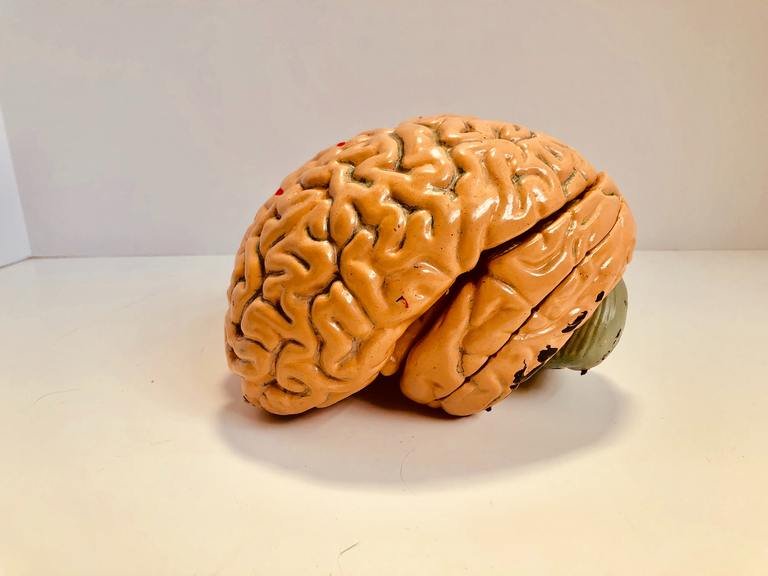
Concussions have become a growing concern in the world of sports with several high level athletes sustaining concussions every season, taking them out of participation, sometimes for several weeks. Concussions are also becoming more of a concern in minor sports.
This is not because athletes are sustaining more concussions, but rather that the medical and the sports communities are becoming more aware of the signs and symptoms of concussions and how to assess them correctly. Concussions have always been a part of sports participation, however they were usually written off as having a ‘bell rung’, a ‘dinger’ or just needing to ‘give your head a shake and play through it’. Those days are long gone.
Medical and sports professionals now understand that a concussion may have been sustained even with small blows to the head, with whipping actions of the neck and head, and that no loss of consciousness is required.
Concussions are considered mild traumatic brain injuries and they can create symptoms that fall into four main categories – physical, cognitive, behavioural/emotional and sleep. Physical symptoms include headache and dizziness. Cognitive symptoms include problems with memory, balance, sensitivity to noise and light, troubles concentrating and remembering. Behavioural and emotional symptoms can include anxiety, depression, being more emotional or more irrational. Sleep symptoms can include troubles falling asleep or staying asleep.
Anyone who sustains a suspected blow to the head or neck, or who is acting unlike they usually do, should be removed from participation and assessed for a concussion. Most professional sports now have spotters, including referees in some sports like rugby, who can now insist that a player may have sustained a concussive blow and have them removed until they are assessed. Players should be removed from the playing area and assessed over a 10-15min time frame in a quiet area to ensure proper assessment and allow any possible symptoms to present.
Anyone who has sustained a possible concussive blow and presents with even one symptom – like a headache, dizziness, unable to remember the plays or something similar must be removed from play and have further assessment by a medical professional. They do not necessarily need to go to the hospital if they have been assessed by a medical professional with experience with concussions, like a physiotherapist, athletic therapist or chiropractor.
It is necessary to have the injured athlete remain under the care of others (parents or friends) who can continue to watch them for red flags. These are signs and symptoms that require immediate transport to hospital. They include violent increasing headache, continuous vomitting, neck pain, double vision, seizures, convulsions, loss of consciousness or deteriorating consciousness or increasing agitation/combativeness. These signs all indicate something more severe could be occurring and should be seen immediately by a medical doctor.
Otherwise, a person with a suspected concussion should rest, avoid physical and cognitive activity, including their cell phones and tv. They should continue on this path until their symptoms resolve. This could be 1 day or 5 days. Should they still be suffering from symptoms 5 days post injury, they should be seen by a medical doctor for further assessment.
Once they have been symptom free for 24 hours, they can gradually begin a slow return to daily activities, learning/school/work and then physical activity.
We have experience with concussions and are able to assess and treat them. Please contact us with questions or to request service.
ROBYN BAGELY
CERTIFIED ATHLETIC THERAPIST IN AIRDRIE & CALGARY
CERTIFIED STRENGTH AND CONDITIONING SPECIALIST CSCS
MRU PROFESSOR
REIKI MASTER
REVIVAL AIRDRIE
403-945-1530
Info@builtbyrevival.com
BuiltByRevival.com


